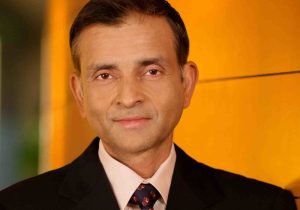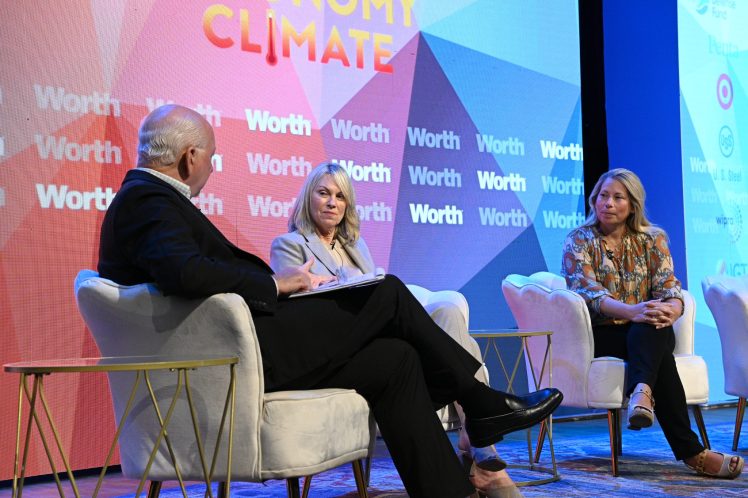Read excerpts from the conversation below.
KIRKPATRICK: What do you mean when you talk about a new model of information technology?
RANADIVÉ: The old model is based on storing information into a database, trying to build the mother of all databases, and then having to find that information after the fact. The new model will be based on a bus where the information finds you, and rather than finding out that you have lost a customer after the customer is gone, or rather than finding out that a terrorist act took place after it took place. You are able to take advantage of opportunities and prevent problems before they happen.
KIRKPATRICK: You really think we can prevent terrorist acts that way?
RANADIVÉ: The information exists to solve virtually every problem. If content was king of the 20th century, then in the 21st century context will be king. The reason I founded my company is that I have a belief that if you get the right information to the right place at the right time and you put it in the right context, then you can make the world a better place.
KIRKPATRICK: Your book, The Two-Second Advantage, is trying to make a comparison between what computers can now do and what the most talented people have historically been able to do.
RANADIVÉ: Wayne Gretzky, arguably the greatest ice hockey player of all time, wasn’t the biggest, fastest, most athletic guy, but he had the best brain. He said he went to where the puck was going to be rather than where the puck was. Imagine if you could give that capability to a company, to a government. You could solve a lot of problems and take advantage of a lot of opportunities. Every Saturday I put my card in an ATM machine and I withdraw the same amount of money, and the first thing it asks me is what language? And I’m thinking, “Dude, last week it was English. I haven’t learned Spanish in a week.” That’s the basic problem with a lot of these 20th century technologies.
KIRKPATRICK: You also talk about how the entire financial crisis could have, theoretically at least, been avoided if the Fed had decent information.
RANADIVÉ: If you look at how the Fed works and you apply that to your house, then basically every three months you’d turn the heater on and you’d turn it off. So you would be underheating and overheating your house and would never be comfortable. It’s no surprise that since they were set up they have only had one so-called soft landing. It’s a bunch of old 20th century guys looking at old information and then acting once every three months. That’s not how you heat your house. There’s a thermostat. The world has become real-time. Wouldn’t it be nice if you could replace these guys with a computer program? You can build a closed loop system where you continuously change and adjust. If you can look at past patterns and combine that with real-time events and close the loop—that’s actually how the human brain works. We call it chunking, where you have these patterns in your brain and you look at things as they are happening and then you draw out the right pattern and act accordingly. If you are heading in the wrong direction, you can correct it, unlike what we have today, which is that you wait for three months and it’s too late.
KIRKPATRICK: Do you have optimism or pessimism about the pace at which society can shift?
RANADIVÉ: I have huge optimism. When I was a kid, what our parents had in their office was far superior to anything we might have had at home, and that is now inverted. I like to say the 21st century started in the year 2010. We saw all these crossovers—more cell phones than land lines, more laptops than desktops—and that was the first graduating class that had completely grown up on the web from the time they started school. We are now entering a period where more and more people are going to be very familiar with this way of thinking and this technology.





